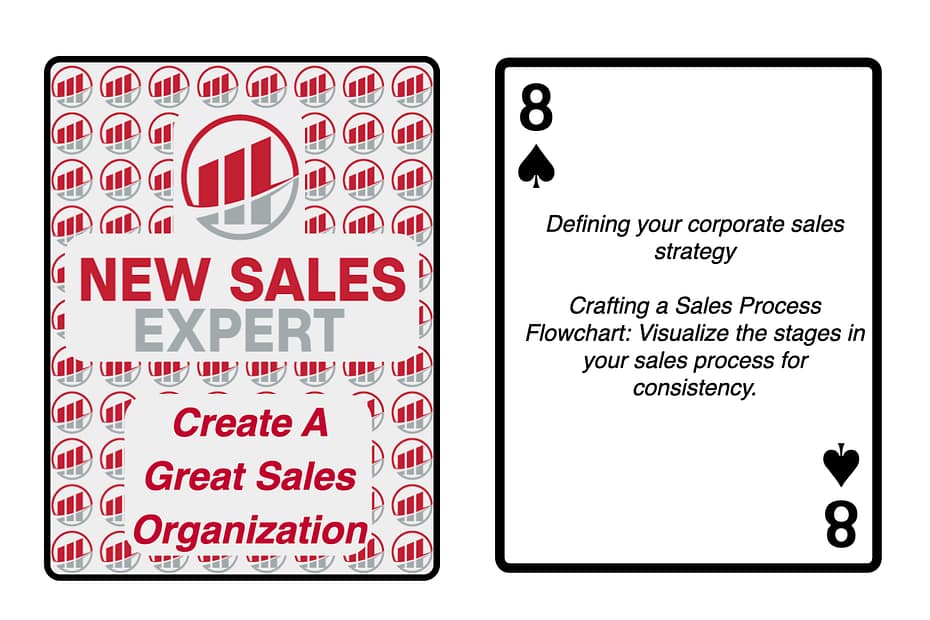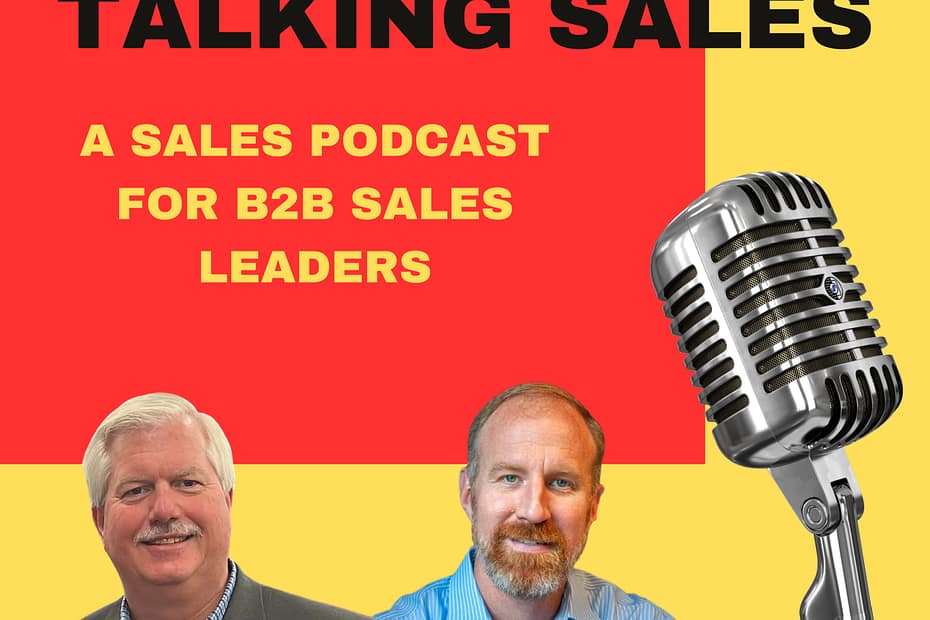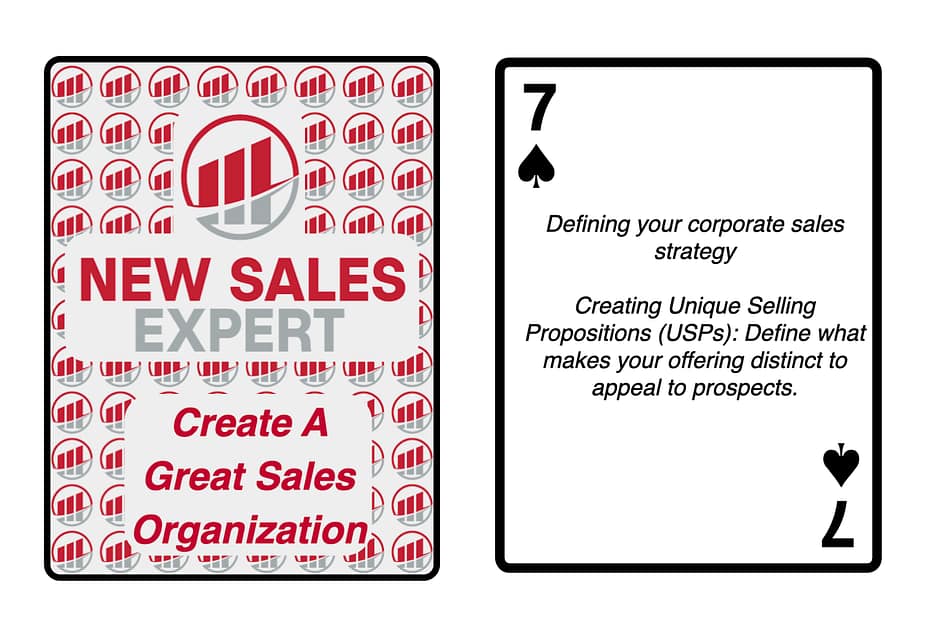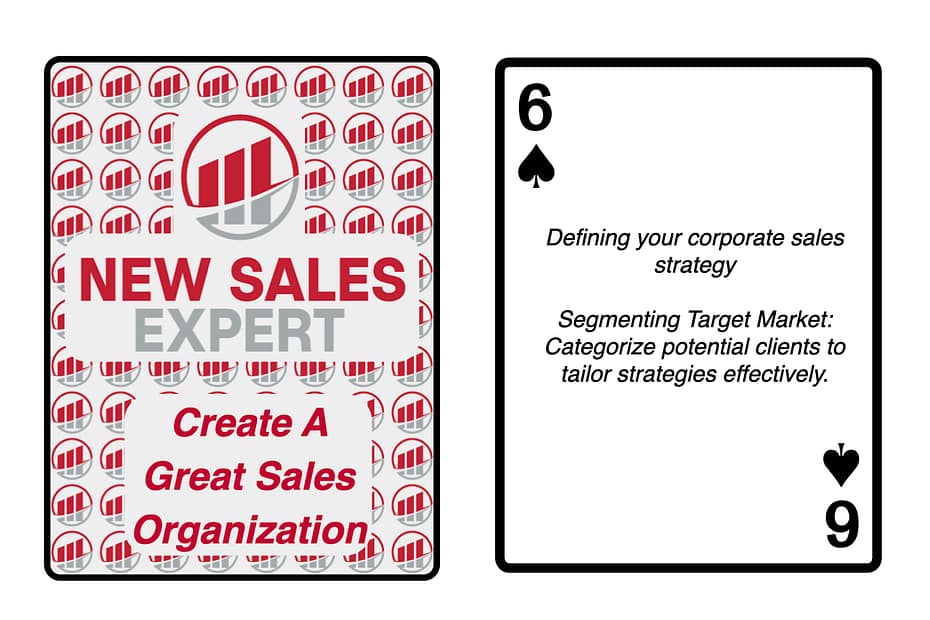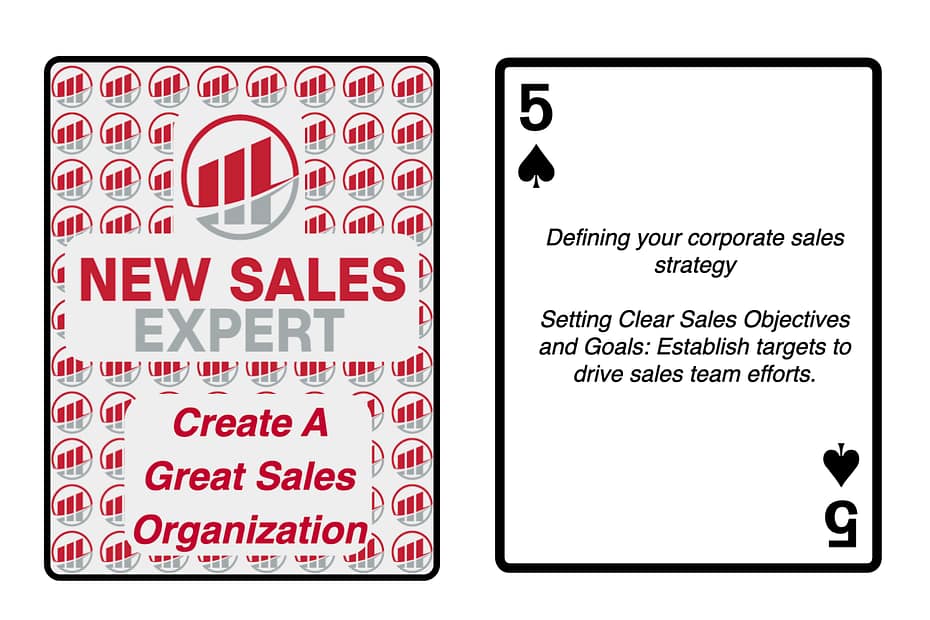Eight of Spades: Defining your corporate sales strategy: Crafting a Sales Process Flowchart: Visualize the stages in your sales process for consistency
The Quintessential Blueprint for Sales Mastery In architecture, the blueprint guides turn an imagined design into a tangible, functional building. Similarly, a Sales Process Flowchart is the foundational structure upon which sales organizations can build scalable, consistent, and successful strategies. The importance of this tool lies in its ability to crystallize the sales process into a series of actionable steps, thereby providing a roadmap to success. The goal is to achieve consistency, predictability, and scalability,… Eight of Spades: Defining your corporate sales strategy: Crafting a Sales Process Flowchart: Visualize the stages in your sales process for consistency
